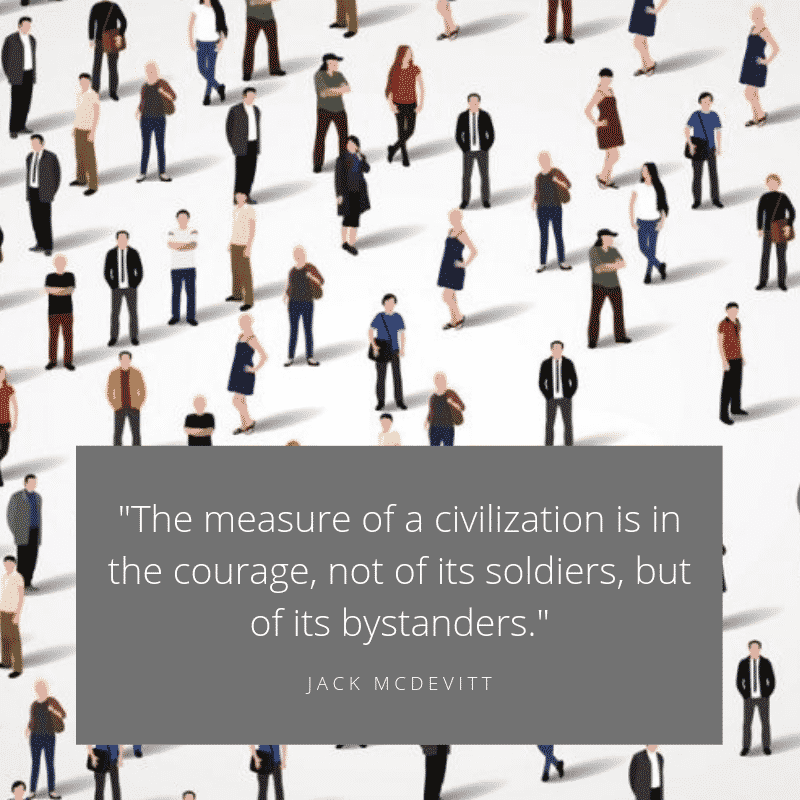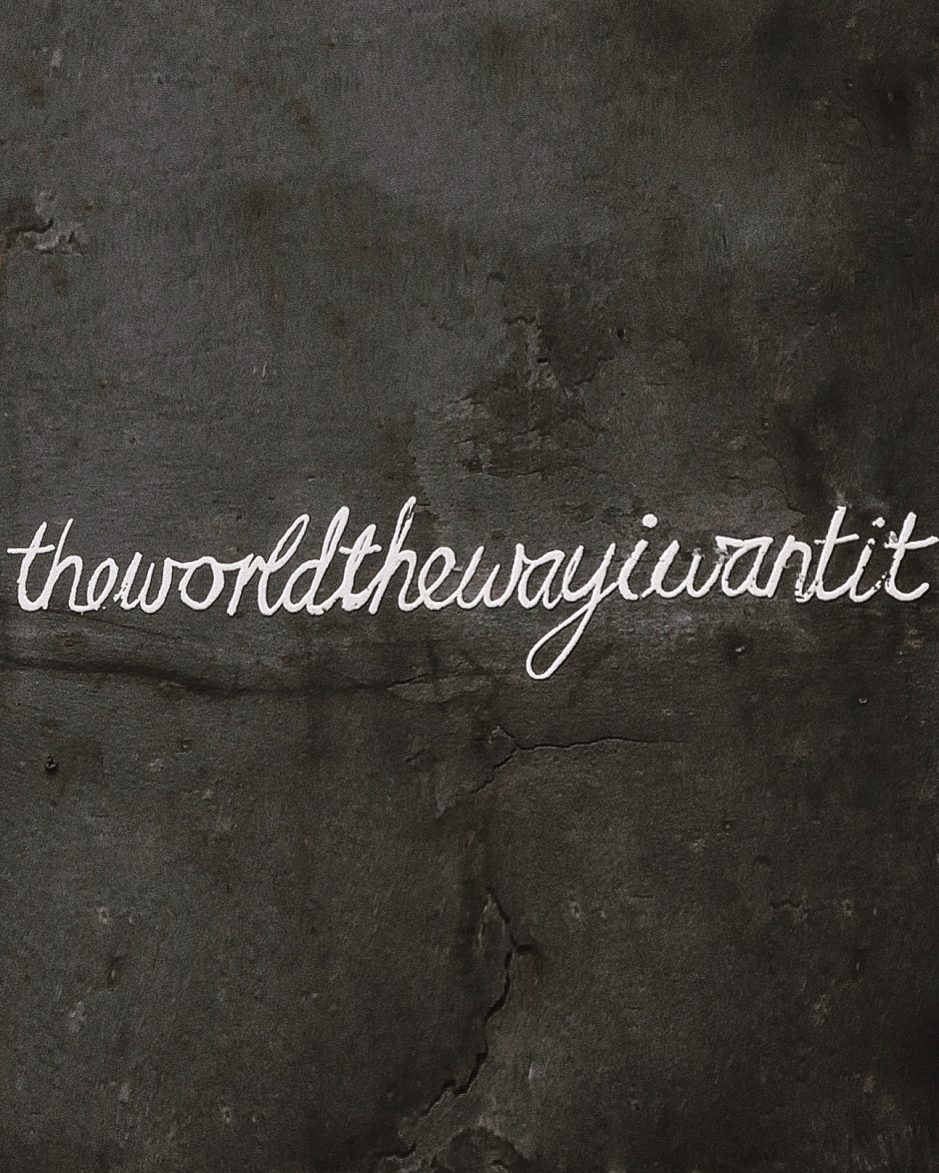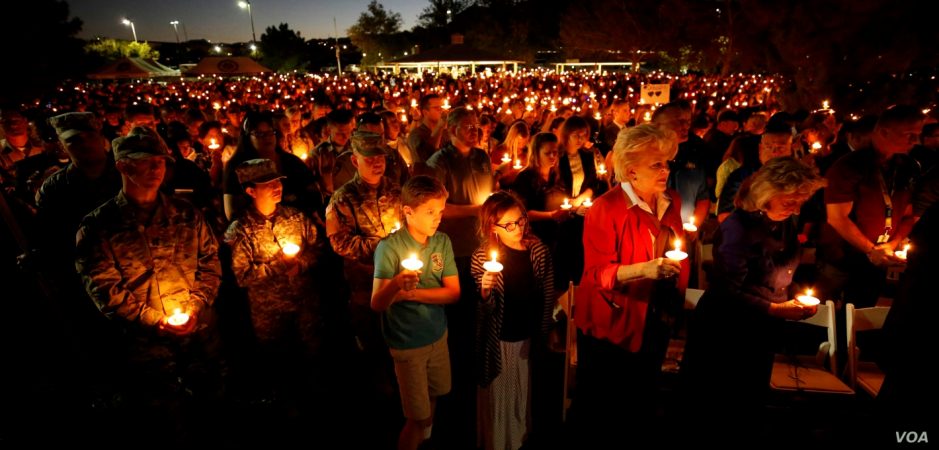“Bystanders” will premiere in October 2020. Here’s the description of this two-hander: BYSTANDERS, a new drama In the wake of a tragic and senseless act of gun violence, two women strive to connect despite their grief and guilt. Zayne is determined to learn if Hannah could have foreseen the shooting, or even prevented it. Hannah is fed up with clichéd …
Advice for Playwrights
Playscripts is a play licensing service, which has published playwriting advice from some of their writers, as follows: “Don’t be afraid to let your play suck. Let the play stink up the joint. Let it be miles from perfect. Then, very systemically, go about the business of fixing it all.” —Michael Mejias “The most important thing for playwrights starting out …
Write a Play 2020
What is #WrAP2020? WrAP (or write a play) is the annual January playwriting challenge put on by London Playwrights. Those who take part receive inspiration and support directly to their inbox throughout the month of January, with the aim of creating a first draft within a month. You can find out all about it here. Who can take part? Anyone …
“Bystanders” World Premiere Announced
Central Works Theatre has announced its 30th (!) Season, and Bystanders is one of the four plays that will premier there in 2020. It promises to be a kick-ass season, which includes a musical. Central Works produces only new plays. In 2019, three of four plays produced were written by women; next year, their playwright gender parity is 50/50. While …
Survivors
I’m deep in research for “Bystanders.” These paragraphs from New York Magazine state simply and clearly what we face when we face mass shootings: “There have been more mass school-shooting deaths in the past 18 years than in all of the 20th century. The long list of casualties includes a classroom full of first-graders, an event that shocked the nation …
Helpless?
Writing “Bystanders” is heart-rending. The play does not posit a solution, but follows one woman’s resolute action to open people’s eyes to the problem of mass shootings. The Onion nails the terrible state we’re in: “ROSEBURG, OR—In the hours following a violent rampage in southwestern Oregon in which a lone attacker killed nine individuals and seriously injured seven others, citizens …
The Driving Question
Found over at the Bruntwood Prize is this list of questions from Amongst the Reeds playwright Chinonyerem Odimba. I find them provocative and inspiring in my own work. How to find the driving question(s) of your play Ask yourself questions about why you are telling this story. What excites you, the playwright, about the possibilities of the story? What moves …
The Perfect Number of Rakes
I love this passage on play structure from James Fritz, over at The Bruntwood Prize (which Fritz has been awarded). “How do you structure a play? Well, often that depends on what your play is trying to do: where does it want to take its audience? What is its intention? Different modes of performance require different structures and rhythms. The …
The Shooter as Victim
In doing research for “Bystanders,” I’ve come across some interesting thought pieces. Consider the question: How can a first person shooter consider himself a victim? That topic is addressed over on Aeon, and I’m republishing the essay with permission here: A lot of terrible things happen to video-game characters. In the early days of the form, Italian plumbers were squashed …
“Unhappy the Land that Needs Heroes”
Over at LitHub, Rebecca Solnit has a lovely piece on how the model of the individual hero has failed us. This hero concept is where we get the “good guy with a gun” theory of gun violence prevention. Got a problem with guns? The answer is one more guy with a gun! Solnit writes: “Positive social change results mostly from …









